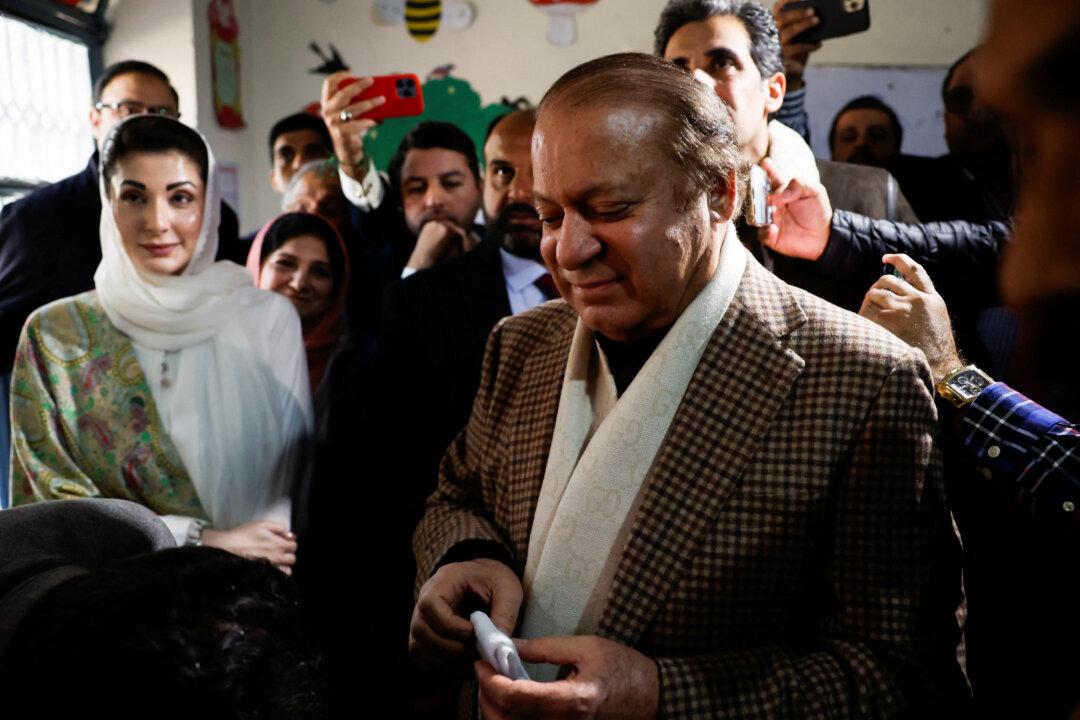Pakistan, whose strategic location makes it a key player in the Middle East as well as South Asian geopolitics, is grappling with the indecisive poll results of a national election. This means no political party has the majority in the new parliament, making it mandatory for political parties who campaigned on opposing agendas to collaborate to form the country’s next government.
Marred by allegations of rigging, the polls saw independents aligned with former prime minister Imran Khan’s Pakistan Tehreek-e-Insaf (PTI) party winning the most seats, followed by former prime minister Nawaz Sharif’s Pakistan Muslim League-Nawaz (PML-N), the Pakistan People’s Party (PPP) and the Muttahida Qaumi Movement (MQM).





